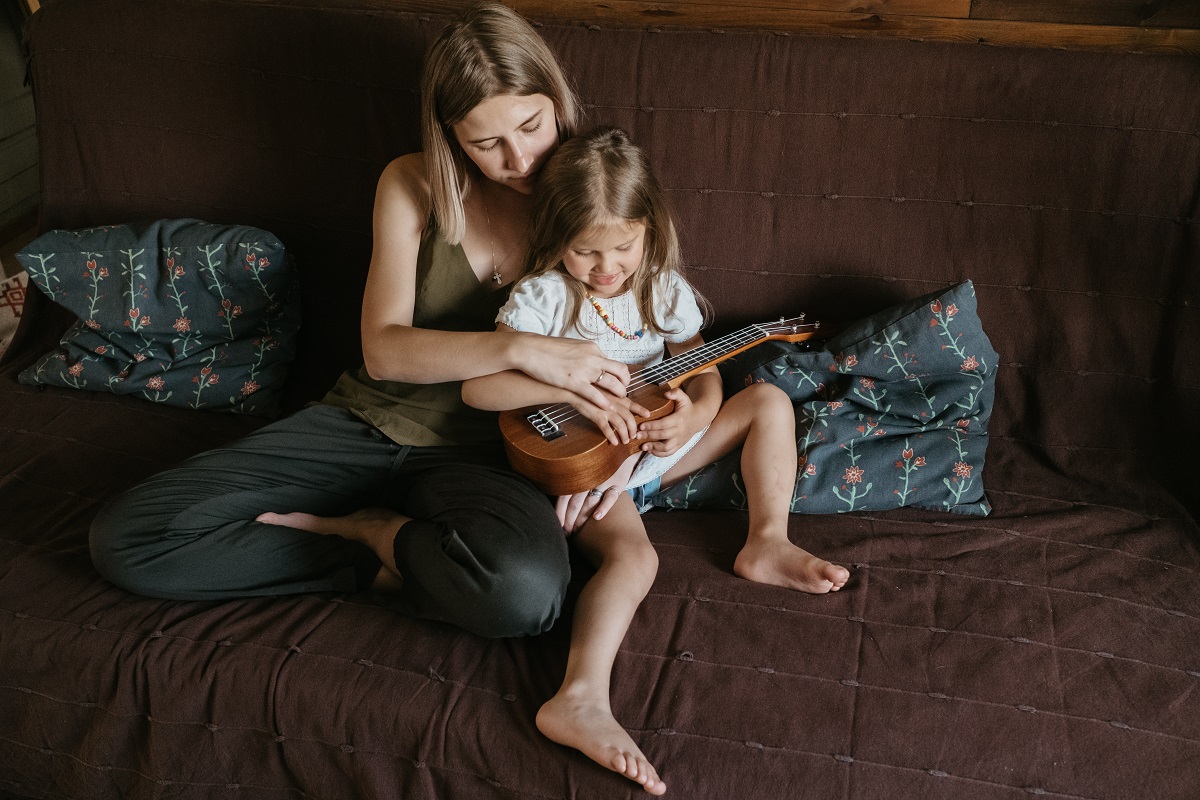Practice Makes Perfect: How to Hone Your Child’s Musical Ability

Are you wondering if your child’s musical talent can improve? You should look at reviews of voice lessons or other courses in Boulder and other areas. There are both good and bad reviews. However, those who succeed with their musical talent share a characteristic: they practice.
Not all children have the aptitude for music. There is a reason for this: Not all children believe that they are musically capable enough. If they can’t carry a tune or are clumsy with instruments, they are usually discouraged. They may not believe in the power of practice.
Sometimes, adults are guilty of reinforcing these negative beliefs. They tell their kids that they just aren’t born with ample talent. They encourage their kids to find another talent without realizing that there might be potential. Ability comes in different levels, and what a child lacks in one aspect can, with enough grit and practice, be compensated with another.
If your child takes an interest in the piano, or if they randomly belt out a song, don’t focus on their hitting the right pitch or staying in tune. They’re taking an interest in music. Consider honing and nurturing that passion. Instill in them the discipline to practice, and the results will follow.
But how exactly do you raise a musically-inclined child?
Challenge your beliefs about talent.
Do not worry about whether your child is a natural musician. If they enjoy singing or their eyes gleam at the sight of a particular instrument, they have an interest in the musical world. Something within is drawing them to this world. Instead of being annoyed at their constant finger-tapping or humming, think if these are signs of your child’s natural inclination. Of course, talent is easy to spot. There are children with soaring voices and innate musicality. But these are not the sole bases of a kid’s ability.
Focus on passion.

Focusing on passion doesn’t just mean focusing on the aspect of enjoyment. It means helping the child appreciate good music that they are personally willing to create it themselves. It also means long hours of practice instead of gadgets and playtime. If your child loves music, they will think of training as a sort of play. If not, they will learn important lessons in discipline and be pleased with their improvement. Emphasize the value of constant change of being better than yesterday. Believe in them even when they feel like giving up. They will eventually drag their heels to the piano, or continue pounding away at drums. Soon, from another room, you will hear the beautiful and incomparable sound of improvement.
Don’t overdo it.
There a few things as sad as burnout. Don’t let your kids experience them early. Be strict about practice time, but give enough space for your kids to find inspiration in other activities. They are, after all, children. They might end up taking a revulsion in music and waste away their potential if pushed too hard. Support your kids in whatever they plan to do or reach. Celebrate small triumphs and welcome rest occasionally.
Music, like any other talent, needs equal parts of appreciation and passion. It will lead to discipline. It will also help your child be attuned to their needs in other areas. Musical practice is linked to an increase in grades and a deeper level of empathy. Let your child fall in love with their calling, and the melody will naturally, and eventually, come.




